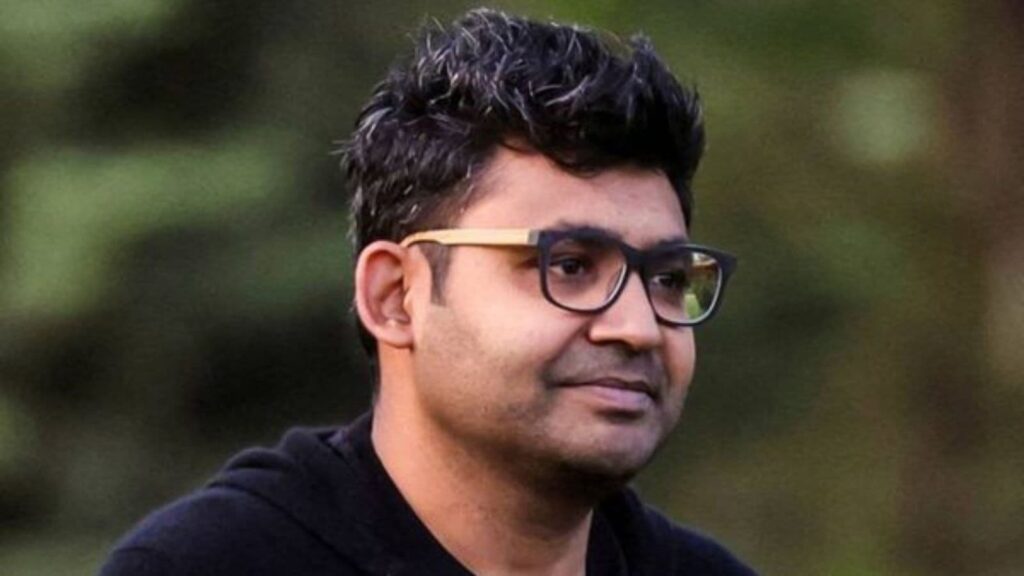970x125
When Elon Musk took over Twitter (now X) in 2022, Parag Agrawal abruptly stepped down from his position as CEO and left the company to pursue something new. Three years later, Agrawal is back with a new venture that is unsurprisingly focused on AI.
970x125
Called Parallel Web Systems, Agrawal’s new startup intends to build tools and infrastructure that enables AI systems to interact with the open web in real-time. This web-scale infrastructure has been built from the ground up specifically for AI agents to fetch, verify, and organise the information they present.
“AIs will use the web far more than humans ever have. As much as we might anthropomorphise AIs, they operate differently from humans on the web. […] At Parallel, we are building for the web’s second user. We are creating systems and infrastructure for AIs to use the web effectively for completing complex tasks,” the company said in its announcement blog post.
“Agents are going to be the primary customers of the web going forward. They will use the web a lot more than humans ever have,” Agrawal, the founder and CEO of Parallel, said.
Parallel’s deep research APIs
Parallel’s suite of products include low-level search tools and deep research APIs that deploy AI agents to complete hours of human work on the web in minutes.
The company claimed that its deep research APIs can outperform leading AI models, including OpenAI’s GPT-5, on benchmarks testing complex web search and research tasks.
When evaluated on OpenAI’s BrowseComp benchmark for accuracy in multi-hop reasoning and web navigation, Parallel’s deep research APIs achieved 58 per cent accuracy while GPT-5 recorded 41 per cent accuracy. Human participants working with two-hour time limits achieved 25 per cent accuracy.
Story continues below this ad
On DeepResearch Bench, a benchmark test to measure the quality, depth, and rigor of long-form AI-generated research reports on complex topics across domains, Parallel secured 82 per cent win rate against a reference set, compared to a 66 per cent win rate by GPT-5.
Parallel said it is able to achieve these results because its web-scale infrastructure has been built specifically for AI agents, with each layer of its stack, from crawl and index to ranking, engineered for “how machines consume information, not how humans browse.”
Several startups, public enterprises, and AI companies are already using Parallel’s deep research APIs to execute “millions of research tasks daily,” as per the company. “Developers are building AI sales agents that research leads, coding agents that synthesize context from docs, and investment tools that find alpha in nice parts of the web and SEC filings. Insurance companies are automating claims with web-sourced verification,” it said.
What do we know about Parallel?
Parag Agrawal studied at Indian Institute of Technology (IIT) Bombay before earning his PhD at Stanford University in the United States. He worked at Twitter (now X) for nearly ten years.
Story continues below this ad
Parallel Web Systems is Agrawal’s first major project since his tenure at Twitter abruptly ended in 2022 following Elon Musk’s $44 billion takeover of the social media platform.
The startup has raised approximately $30 million in funding so far. It is backed by prominent Silicon Valley venture capitalists (VCs), including Khosla Ventures, Index Ventures, and First Round Capital,
The company said that its founding team includes engineers who “previously built the infrastructure and markets that powered the human web” at Twitter, Google, Stripe, Airbnb, Chime, Waymo, and Kitty Hawk.
In the days to come, Parallel said it will look to develop long-horizon AI agents that can complete the work of entire teams in hours, continuous monitoring systems that track the web for signals, event-driven architectures, SQL-style programmable queries over the web, and more.
970x125

